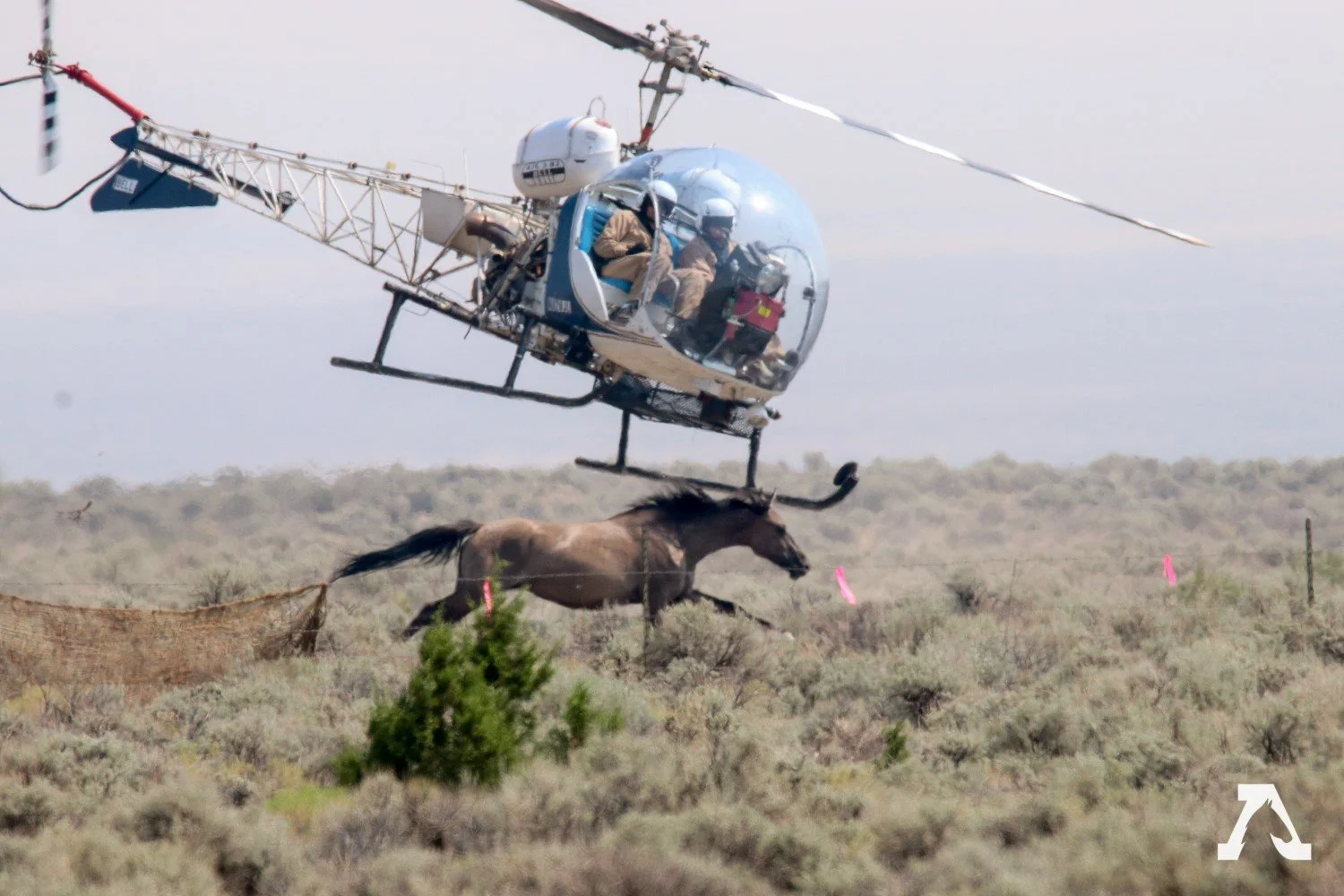New Mercedes-Benz concept uses luxury animal-free leather
Mercedes-Benz has embraced an innovative animal-free leather for the seat pads of its CONCEPT AMG GT XX.
Credit: Mercedes
Mercedes-Benz has embraced an innovative animal-free leather for the seat pads of its CONCEPT AMG GT XX.
The luxury carmaker has used Innovera, an advanced leather alternative created by Modern Meadow, a biotechnology company based in New Jersey.
Made from recycled tyres, plant-based proteins, and biopolymers, Innovera can replicate the feel and appearance of leather. Twice as strong as leather, Innovera is also breathable and waterproof, and can be produced with different finishes including full grain, nubuck, or suede.
The material is entirely animal-free and made with over 80 percent renewable carbon content. It requires no special storage or preservation, helping to lower costs and reduce complexity. With commercial-scale production in place, Modern Meadow can deliver Innovera to customers across the furniture, automotive, fashion, footwear, and accessories industries.
This partnership with Modern Meadow reflects Mercedes-Benz' wider commitment to sustainability. In 2022, the company used leather made from bamboo, cacti, and mushroom, for the seat pads of its VISION EQ XX concept. And it has set out to make its entire fleet of new cars net carbon-neutral by 2039.
“At Modern Meadow, we are redefining automotive interior possibilities with INNOVERA, our next-generation transformative material that brings beauty, performance, and sustainability into perfect balance,” said CEO David Williamson, PhD. “In our development partnership with Mercedes-Benz, we have used INNOVERA™ to create a new luxury leather alternative without sacrificing aesthetics, versatility, and texture. It looks and feels as good as it performs.”
Credit: Mercedes
The automotive industry currently accounts for 9 percent of global GHG emissions. Leather contributes to significant deforestation and biodioversity loss, and rather than simply being a byproduct of the meat industry, the sales of leather are often crucial in ensuring slaughterhouses turn a profit.
In Brazil, more than 80 percent of hides are exported globally; the automotive industry is the largest end user.
In 2022, an investigation by the Environmental Investigation Agency (EIA) revealed the extent of illegal deforestation in the Amazon, and how cattle from illegal farms ended up being used in the automotive industry.
According to the EIA, cattle from more than 700 illegal farms entered the tanneries of major Brazilian leather producers who supply the biggest quantities of leather to the world’s leading maker of car seats, Lear Corporation.
A recent McKinsey report noted that consumers are willing to pay a premium for eco-friendly alternatives, and so exciting materials such as Innovera represent an opportunity for disrupting the $1.2 trillion global automotive materials market.
We Have A Favor To Ask…
Species Unite amplifies well-researched solutions to some of the most abusive animal industries operating today.
At this crucial moment, with worldwide momentum for change building, it’s vital we share these animal-free solutions with the world - and we need your help.
We’re a nonprofit, and so to keep sharing these solutions, we’re relying on you - with your support, we can continue our essential work in growing a powerful community of animal advocates this year.





The Mexican gray wolf and her pups were set to be released in June, but conservationists fear that political influence is behind the unexplained delay, following objections from the livestock industry.